Words and Illustration by Connie Carpenter Phinney
I’ve been married for 34 years. Parkinson’s fell into our life and smack dab into our relationship after we had been married for 17. We have spent exactly half of our married life with Parkinson’s in the mix.
Parkinson’s arrived like an unwanted guest. We had no idea at the time of diagnosis how the decades would unfold, but we knew the guest was in it for the long run.
As time progressed we began to understand and respect its nature. It was an odd bedfellow – making sleep difficult and dreams come alive. It wouldn’t stay put in the guest room but seemed more content to disrupt our lives while we gallantly and not always gracefully forged ahead.
The guest did come bearing gifts, of a sort. We are thankful that the unwanted guest forced us to correct the busy-ness of our lives together and to focus more on our family.
At the time of my husband's diagnosis, we ran a bike camp and our motto was Enjoy Life. We stayed grounded in one word: Yes! We needed this optimism to accept the diagnosis, but we cultivated optimism energetically and resisted pessimism with all of our combined strength.
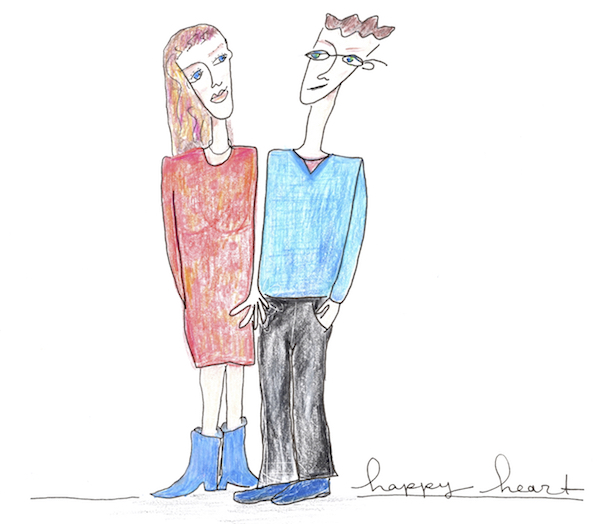
Our kids were young when he was diagnosed, and they kept us tethered to the present. They allowed us to concentrate on the family in the here and now. Doing that gave us the hope that we could be content, even with the changes that this unwanted guest caused. We found an ease, in the disease. This point of view helped us to chart our course and navigate very unfamiliar terrain.
Please don’t misunderstand me, I did NOT say easy. Not much of this has been easy.
We have steadfastly cultivated happiness in our lives despite the challenges. We have learned to accept the “isness” – as in, it is what it is. We’ve lowered expectations, reduced our load and focused more on quality than quantity. These are practices that MOST of us should adopt, but it was Parkinson’s – that unwanted guest - that forced us down this path.
Through it all, we have found our secret sauce. It started with hopefulness, honesty and trust. It continued with humor, devotion and forgiveness. It’s lasted because we truly care about each other and enjoy each other. Trust has allowed us to rewrite how we engage with each other. Our genuine affection enables us to get on each other’s wavelength (and for the most part, not on each other’s nerves). As optimists, we’re wired to seek goodness and to be hopeful. To enjoy life.
There’s a fine and tenuous line between giving in and giving up. Giving in to Parkinson’s has allowed both of us to acknowledge the unwanted guest who we don’t particularly like but are by now quite used to. We’ve found spaciousness in our more simplified life. Giving up wasn’t – isn’t - an option. There’s too much to do and see and love in this world.
We have common interests that we’ve nurtured both together and apart. We share a love for beauty and find rapture in so many common daily events – sunsets, the light on the water, the open sky, a soaring hawk. We follow - and do - many sports together. We spend a lot of quality time with our adult kids. We enjoy great coffee, good food, fine wine, movies and a close circle of understanding friends. But more than anything, we enjoy each other’s company. Events that Davis now calls victories, I would simply call living well. Making good choices to live well, to be more specific.
I hope this essay might help you to reflect on your own relationship – with each other and with that unwanted guest - Parkinson’s. And perhaps write down what you value, or more specifically what are your values? What do you value in each other? And how do you choose to live well with Parkinson’s -- and each other? It might also help to reveal where your relationship needs work or help.
It’s never too late to cultivate happiness. Cultivation requires attention and constant nurturing – it’s not a passive activity. It may sound trivial -- but happiness is contagious and a key ingredient in any long and happy marriage.
get the every victory counts manual for care partners
Do you have the Every Victory Counts Manual for Care Partners! Released in 2021, this resource is available at no cost in print and digital versions. To learn more and request your copy, click here.




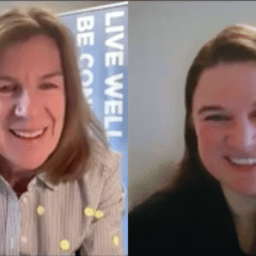

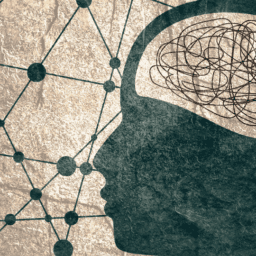



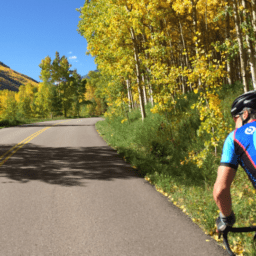
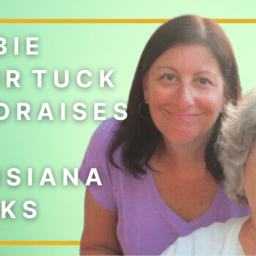

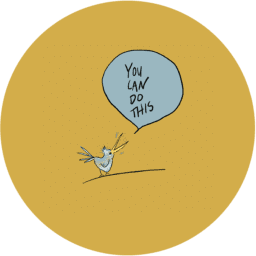
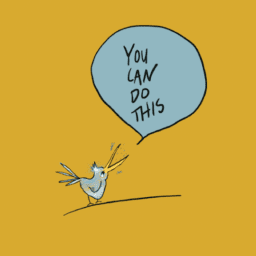
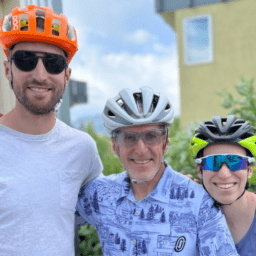
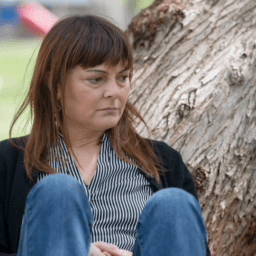
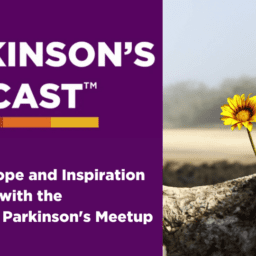
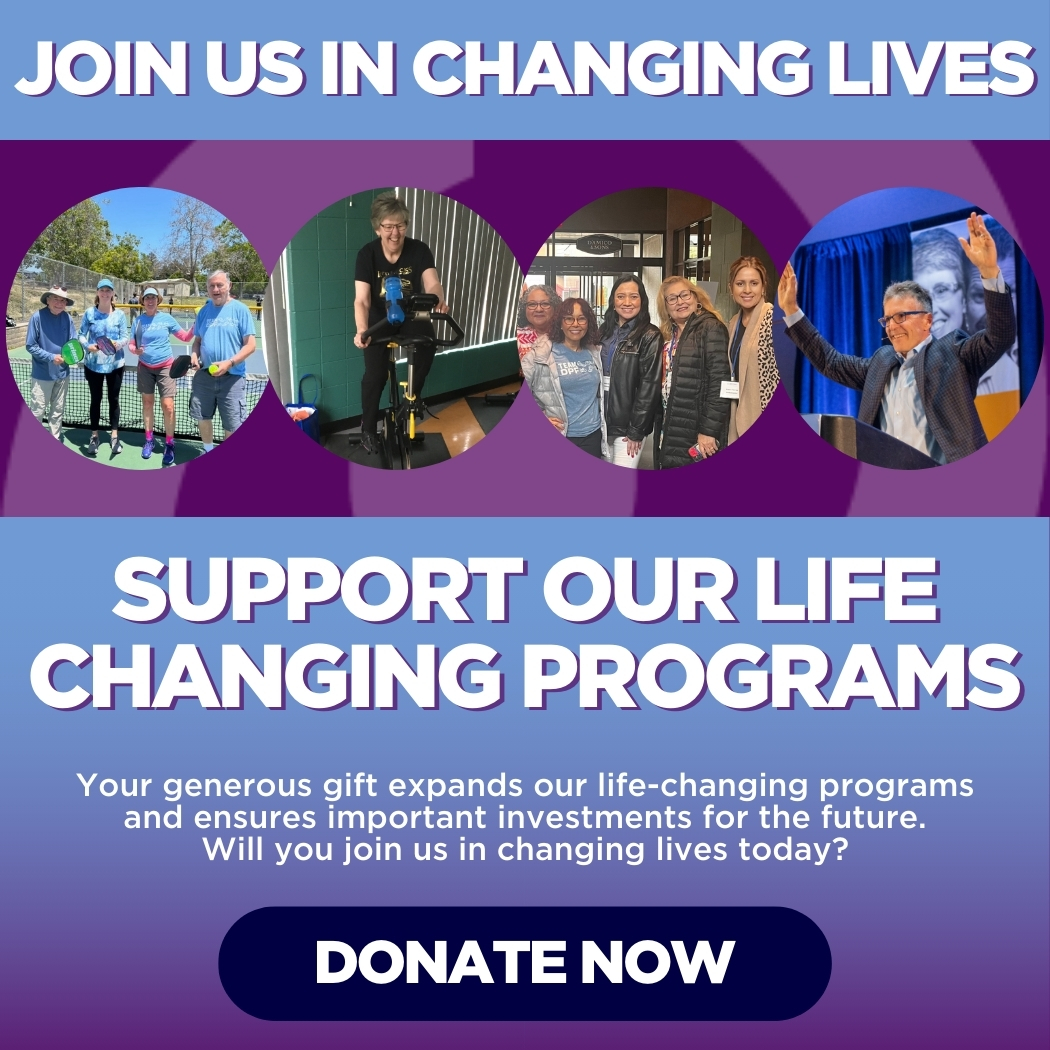
Great insight, need more things like this and intimacy with Parkinson’s. Thanks
Thanks Donna! If you’re looking for information regarding intimacy and Parkinson’s, check out Susan Imke’s short video on the topic by clicking this link!
When I was diagnosed with Parkinson’s almost six years ago I think that I believed that all of my victories were behind me and that all of my future days would be a slow degrading slide into helplessness and dementia. After all, I knew with certainty that Parkinson’s was a progressive degenerative neurological disease that had no cure. Everything I read reinforced my feelings. I was scared, worried about the future and started grieving for all of the things that I used to enjoy and all of the things that I used to accomplish. Well, it hasn’t been a ride on a merry-go-round with lots of good times, but, on the other hand, it hasn’t been a boulder tied around my neck pulling me into a hopeless helpless abyss. A lot of what I feared did, in fact, come to fruition, but still more is still floating in the darkness beyond outside of my reach or my understanding. But, I’ve learned a lot. I’ve learned that a 64 year old guy can singlehandedly slow down the onslaught of this insidious disease with boxing classes, medications, support from others, especially my wife, encouragement from a new support group that I helped to create and I’ve learned that there is no telling what tomorrow may bring. I’ve taken on a personal battle against PD by talking to others, writing for my church’s newsletter and visiting as many websites and online groups that I can. Maybe I’ll get worse and board a runaway freight train into a dark cold fearful world of dementia and physical disability, but I’m not there today. I’m constantly exhausted, I get confused easily, I fall down occasionally, I fight constipation, tremors, swallowing problems and other symptoms, but I’m still fighting and my boxing coach says I have a right hand punch that lands like a ton of bricks. I still get up in the morning and I look forward to the good things in life that I can still participate in and enjoy. So, I have Parkinson’s. Yes. I have Parkinson’s. But, who knows what tomorrow may bring.
Thank you very much for your comment, John! Your resilient attitude through difficult time periods will make smaller victories even more meaningful. You are doing such a tremendous job by identifying your own way of living well and sharing it with others. Certain days will be more trying than others, but by waking up the each day with a positive mindset, you will be well-equipped to handle the day’s hurdles.
The above article assumes that everyone has a relationship, a partner, a spouse, a long-term care partner. Some of us don’t, and those types of relationships don’t happen overnight, or for some of us, even in a lifetime. I already have the Every Victory Counts manual, but it too, assumes that we all have a care partner. Also, there’s no guarantee that the care partner will live longer than the Parkinson’s patient.
Thank you for commenting, David. If you currently live alone, try seeking new relationships by attending a local support group, Parkinson’s exercise class, or event in your area. As you begin to meet more people, you can cultivate friendships to assist you in times of need.You are correct, developing these relationships don’t happen overnight, but as you engage more often with your community, you will hopefully establish dependable relationships that you can call on in times of need. For more information on this topic, check out Help Others, Help Youreslf: The Importance of Getting Involved in Your Community
If you’re unable to drive yourself, look into independent living centers in your area. Many of these facilities oftentimes provide Parkinson’s-centric activities, on-site care, and also offer free transportation within a certain distance to the facility. We hope this helps!
In my relationship I’m the healthier one and I’m the one with Parkinson’s. It is a challenge but everyone has challenges. I think how you approach those challenges is the key to living well. You have obviously made choices to find the best life still available to you.
I’ve tried to find the positives, while not denying the difficulties. Although Parkinson’s has altered my life in ways I don’t like, it has also left me some gifts. I know myself better, I recognize my need for others more, I’m less afraid to try new things, and I appreciate the little things more. There is still beauty in the world and many wonderful people. My husband and I are gifted to still have each other and appreciating that is the most important to helping each other through these trying times. I’d sum it up by saying Thankfulness (genuine, not forced) is the key to living well for me.
Beautifully said, Mary. Thank you for sharing your kind and inspiring words!
I enjoyed reading this beautiful story about a marriage affected by Parkinson’s Disease. This could be my story. I was diagnosed at 34 years old when my 4 children were young. The one constant in my life has been the unconditional, steady love and support that my husband, Ralph give to me. We have been married 43 happy years. Everything of value that I have is because we love one another. And oh, I still have the unwanted intruder, Parkinson’s Disease.
Thanks for commenting, Sandra!